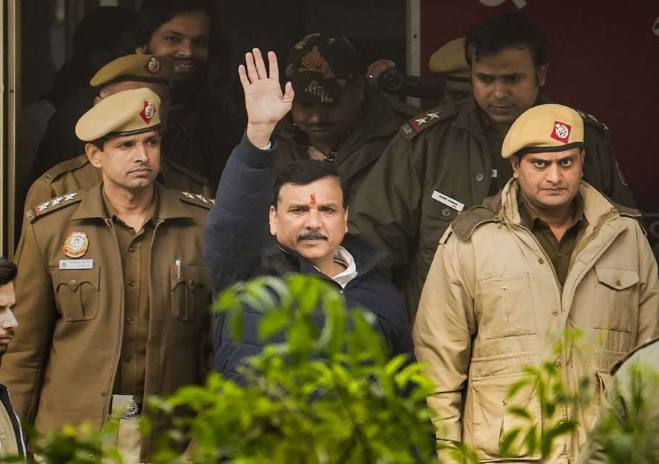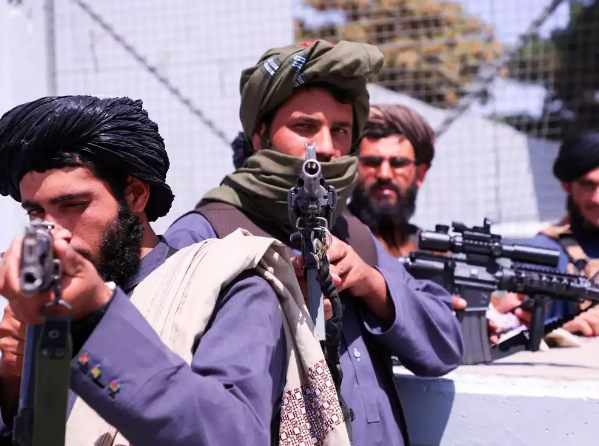
India-Taliban Dynamic in Afghanistan ,The Ominous Shift
India-Taliban Dilemma: Unraveling the Realities of Afghanistan’s Uncertain Future
Since the Taliban’s assumption of power in 2021, India’s engagement with Kabul has undergone significant transformations, marking a journey from initial apprehension to evolving cooperation. In August 2021, Bharat swiftly withdrew its diplomats and officials from Afghanistan following the Taliban’s takeover of Kabul. However, by June 2022, New Delhi had re-established a diplomatic presence in the capital, deploying a “technical” team at the Bharat mission.
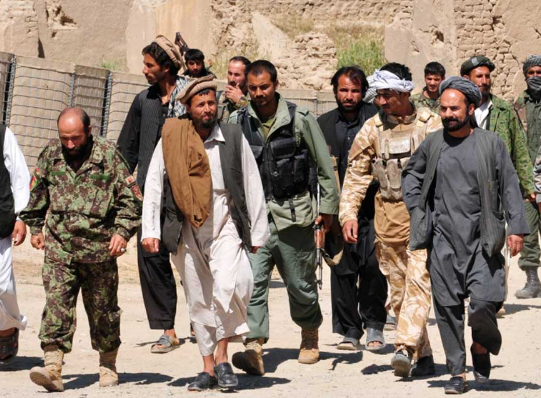
Fast forward to January 2024, Bharat participation in a Regional Cooperation Initiative meeting convened by the Taliban administration in Kabul indicates a deepening engagement, despite New Delhi’s non-recognition of the regime. This diplomatic shift raises questions about the factors driving India’s stance towards the Taliban.
One significant factor is Sher Mohammad Abbas Stanikzai, Afghanistan’s Deputy Minister for Foreign Affairs since September 7, 2021. Stanikzai’s ties with India date back to his military training at the Army Cadet College of the Indian Army in the late 1970s. His familiarity with Indian culture and ethos potentially influences his approach towards India, viewing it as a contributor to Afghanistan’s development rather than a threat.
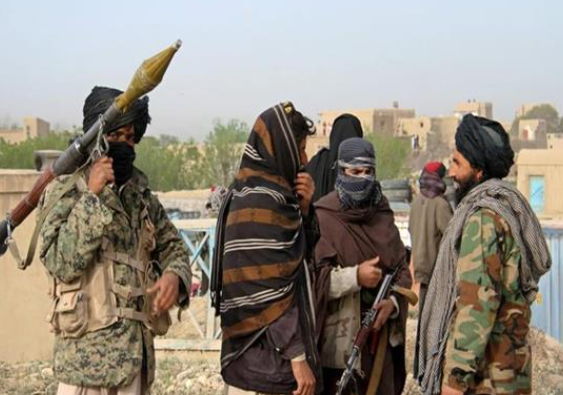
According to Ashok Sajjanhar, former Bharat ambassador to several countries, including Kazakhstan, Sweden, and Latvia, Bharat maintains a cautious stance towards the Taliban, neither fully recognizing nor completely rejecting the regime. Unlike China and some others, Bharat refrains from establishing diplomatic ties with Kabul. However, the perceived threat of terror attacks on India originating from Afghan soil has diminished, particularly amid deteriorating relations between Pakistan and Afghanistan.
Bharat participation in the recent meeting, attended by representatives from various countries including Russia, China, Iran, and Pakistan, underscores its tacit support for initiatives aimed at stabilizing Afghanistan. Though Bharat has not officially reacted to the meeting, statements attributed to the Indian representative affirm New Delhi’s endorsement of efforts conducive to Afghanistan’s stability and development.
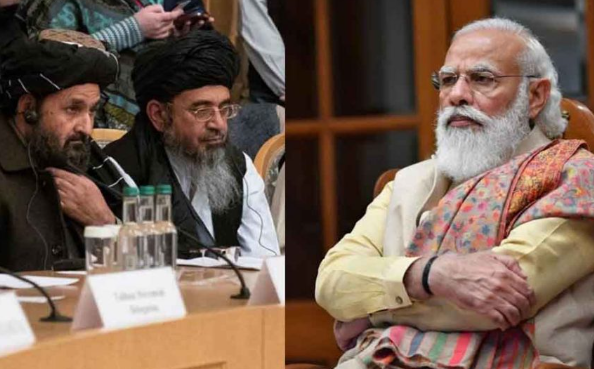
The Taliban’s emphasis on regional cooperation and engagement with neighboring countries resonates with Bharat interests in fostering regional stability. Amir Khan Muttaqi, the acting Foreign Minister of the Taliban, urges regional dialogues to harness emerging opportunities in Afghanistan for mutual benefit. He encourages participants to capitalize on Afghanistan’s potential while coordinating efforts to mitigate potential threats.
Bharat commitment to Afghanistan’s development remains steadfast, with pledges amounting to billions of dollars. In December 2022, discussions between Taliban’s Minister for Urban Development and Bharat officials highlighted areas of collaboration, including infrastructure projects, investment opportunities, visa facilitation, and educational scholarships for Afghan students.
Despite the positive trajectory in bilateral ties, concerns persist regarding the presence of terrorist groups in Afghanistan. A diplomatic source cautions against complacency, emphasizing the continued need for vigilance amidst improving relations.
In 2021, apprehensions regarding the Taliban’s rise and its implications for India’s security were rife. However, Bharat strategic engagement with Afghanistan reflects its pragmatic approach in navigating complex geopolitical realities. As diplomatic dynamics evolve, Bharat remains cautiously optimistic, balancing its interests with the imperatives of regional stability and security.
Amidst the evolving landscape, Bharat strategic calculus towards Afghanistan requires a delicate balance between engagement and vigilance. While diplomatic overtures signal a willingness to explore avenues for cooperation, underlying concerns regarding security threats necessitate a cautious approach.
The specter of terrorism looms large, with Afghanistan serving as a potential breeding ground for extremist activities. The resurgence of groups like the Taliban poses a direct challenge to Bharat security interests, particularly in the volatile region of Kashmir. As such, Bharat must remain vigilant and proactive in countering any threats emanating from Afghan soil, even amidst improving bilateral ties.
Furthermore, Bharat engagement with the Taliban raises ethical considerations, given the group’s history of human rights abuses and suppression of freedoms. While pragmatic diplomacy often requires engaging with diverse actors, India must not compromise its commitment to democratic values and human rights principles. Any engagement with the Taliban should be contingent upon tangible progress towards respecting fundamental rights and ensuring inclusive governance in Afghanistan.
For the latest updates-click here.

